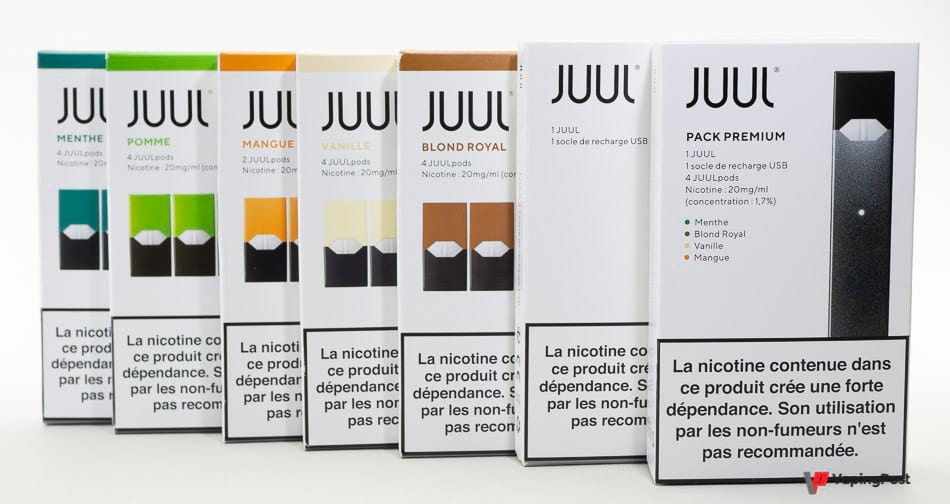In other words, after the device which could be connected to a smartphone “learns” how often and how much nicotine one vapes, it would determine how and when to substitute the non-nicotine accordingly. This would result in decreasing the amount of nicotine vaped in order to wean one off slowly.
Juul’s co-founder and chief product officer, James Monsees, said that in 2018 the company was planning a smartphone-connected device which would have authenticated users to help them quit if they wanted to. “There will be a machine learning algorithm that’s going to smooth that out for you, so that you don’t even really have to think about it you request it. But we make it as easy for you as possible,” Monsees said at the time.
Under attack
Meanwhile, Juul has been incessantly accused by lawmakers, health entities and angry parents alike, of fueling the current alleged teen vaping “epidemic”. Since its merger with Altria the manufacturer has understandably lost credibility as having harm reduction at heart, and been on the receiving end of multiple lawsuits.
To this effect, the San Francisco-based manufacturer has been doing its utmost to win the public’s favour. In another effort to tackle the high rates of use by teens, last month, Juul also announced plans of an age locking technology. The plan is to launch a device with an age verification system that unlocks for use only to people who are at least 21 years of age.












